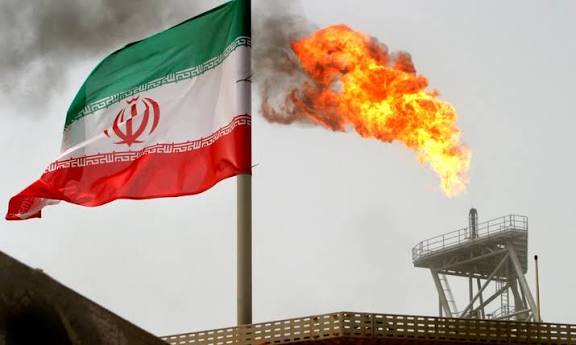The United States Federal Aviation Administration has announced a conditional pathway for the resumption of Boeing 737 Max 9 flights, but a crucial restriction prevents Boeing from expanding production of its Max jets, including the 737-9 Max variant.
The Times reported that this decision follows a previous incident in which a part of an Alaska Airlines flight was compromised, causing the FAA to impose interim groundings and launch a thorough review.
Following the fuselage breach event, Alaska Airlines took preemptive precautions by grounding its entire 65-strong Boeing 737 Max 9 fleet. According to the FAA ruling, Boeing must conduct a thorough examination and repair process for the 171 grounded Boeing 737-9 Max aircraft.
FAA permits Boeing 737 Max 9 flights to return, limits production expansion
Successful completion of this process is required for the aircraft to be regarded eligible for service return. The FAA’s judgement is based on a comprehensive analysis of data received from inspections of 40 grounded planes.
The approved inspection and maintenance methods include a thorough examination of exit door plugs and related components, bolts, and guide rails, as well as the repair of any discovered damage.
FAA Administrator Mike Whitaker emphasized that the thorough review does not represent a return to “business as usual for Boeing.”
Concurrently, the National Transportation Safety Board is aggressively examining the event, with an emphasis on discovering whether the door panel that loosened from the Alaska Airlines flight was properly fastened before takeoff.
Despite locating the plane’s plug door, the investigators have failed to retrieve the associated bolts.
In reaction to this event, the FAA advised carriers to verify door plugs on Boeing 737-900ER aircraft, a different model.
The agency emphasized the same design of the door plugs in the 737-900ER and the Max 9, advising airlines to inspect four specific areas where bolts secure the door to the 737-900ER’s airframe.
The airline’s mishap created yet another difficulty for its flagship model, which had been grounded for over two years following the 2018 and 2019 crashes.
In a formal announcement, Boeing stated that more than 25% of the concerned planes had been inspected and found to be in good working order, prompting their return to service.
The aerospace giant emphasized an unwavering commitment to safety, asserting that the well-being of passengers remains paramount.
Boeing noted the recent event’s regrettable impact on both its customers and passengers, confirming its commitment to addressing safety concerns in an open and responsible manner
This development takes place against the backdrop of Boeing’s tremendous attempts to overcome earlier issues and rebuild trust in its best-selling model.






